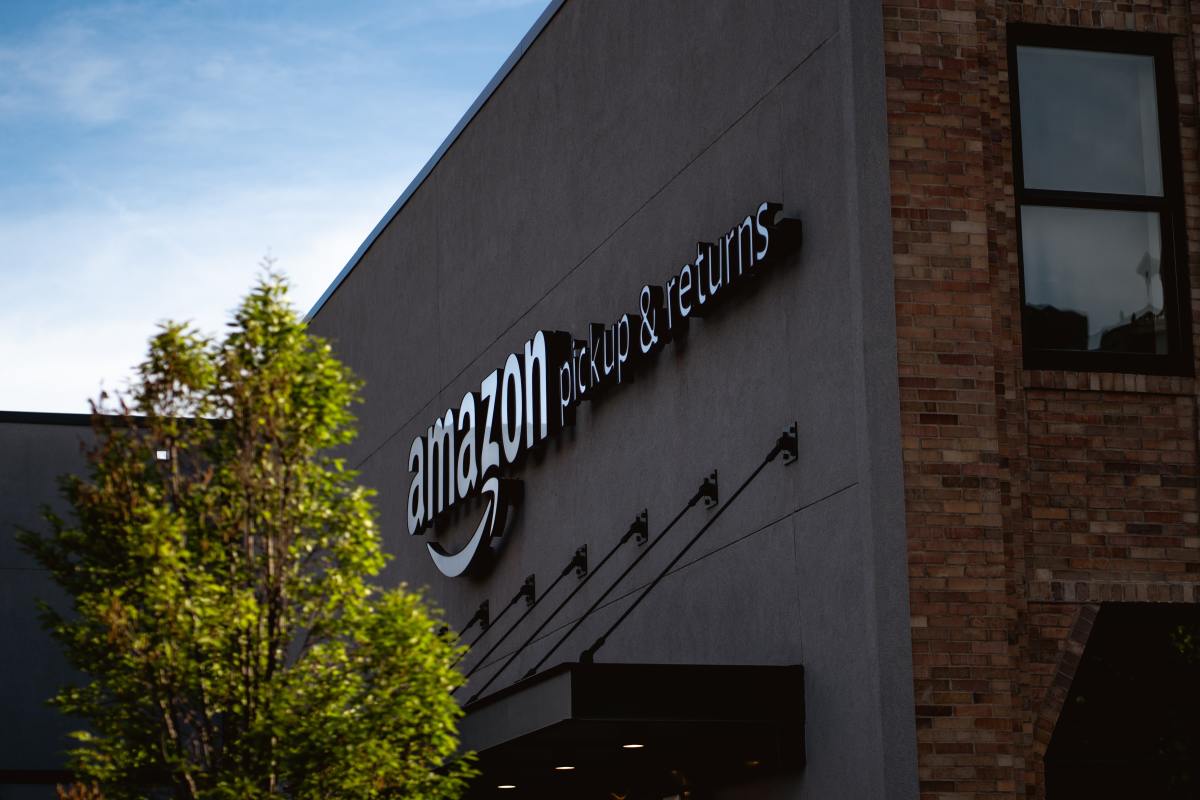Amazon's Success and Department Stores' Decline
CNN has reported that Macy's will be closing 100 of its 650 department stores in the United States, resulting in many employees getting laid off. While it is sad to hear about people losing their jobs, I wonder if old-fashioned department stores, such as Macy's, simply have no place in a modern world with increasingly many online shopping options. Physical stores certainly have their merit - it is, for example, much easier to find the right size of clothing in a store where the customer may try on each of the sizes. Online shopping options generally make it easier for people to find what they are looking for, with reviews from other customers, search engines with powerful artificial intelligence, and so on. In addition, online options generally have much lower operating costs for staff, and customers may shop in the comfort of their home. So how should a physical store, such as Macy's, compete with online options, such as Amazon? And on the other hand, how can Amazon increase their profits to be increasingly competitive?
Part of the success of Amazon can be attributed to the heavy use of data science, which helps Amazon to accurately predict customer wants and needs, generate fees from third-party sellers, and reduce inventory costs. When potential customers search for items through Amazon, the search history is stored in Amazon’s database. Amazon knows which items the customers are interested in from past searches and may promote items that are expected to be of interest to the customer. The more customers search and shop on Amazon, the more accurate the predictions become.
As an example, a friend of mine has a dog, and he periodically buys large quantities of dog waste bags on Amazon. Thus, Amazon knows how often he would buy such items and Amazon can predict what amount they need to keep in inventory and how often new supplies are needed. Naturally, the habit of my friend only plays a small part in Amazon's inventory management predictions, but at scale, with many customers with such habits, Amazon is able to make many interesting and very valuable predictions. Amazon may also determine that my friend would likely be interested in other dog supplies and promote such items during his shopping visits - even when searching for unrelated items later.
So why can't Macy's do the same? Unless a customer registers for membership in the store, Macy's actually has no way of tracking individual customer wants and needs. Macy's can certainly look at the big picture and determine how many dog waste bags they need to keep in stock based on the total number of sales within a given period. But Macy's has no idea which customers buy dog waste bags (and who could potentially be interested in other dog supplies) so staff would likely never promote dog supplies when a particular customer is walking around non-pet departments.
Amazon also earns money whenever third-party sellers sell items on Amazon - a fee is added to all transactions. As previously stated, Amazon is able to steer customers toward items that they may be interested in by looking at previous searches and promoting related items. Even if the promoted items are not sold directly by Amazon, it is still profitable as Amazon will earn money from the added fee.
Physical stores, such as Macy's can certainly use inventory management to keep stocked items as low as possible, but physical items are always needed at hand. Customers come into physical stores and generally expect to be able to walk out with the product that they came for. It is a fair expectation, as one could simply use online shopping if the physical stores always asked you to come back later to pick up bought items or wait for shipping anyway.
Amazon only stores popular items and can keep inventory costs much lower. By using data analysis, Amazon knows which items are likely to be sold out soon. All stock may also be kept in warehouses throughout the world, with potentially cheaper location costs if placed outside urban areas. If a customer places an order for an item that is not available in the local Amazon warehouse, Amazon will request that item to be shipped from another warehouse to the local warehouse and then ship the item cheaply for the final short distance to the customer
There's no doubt that Macy's has to change their business if they want to stay competitive with online options such as Amazon. Perhaps physical stores simply have to accept even thinner margins, but I am curious if it is enough. I think department stores, such as Macy's, are too generic and will have a hard, if not impossible, task of competing with the likes of Amazon and I think that only stores which specialize in specific items (luxury items, clothing, etc.) are able to survive in the future.








